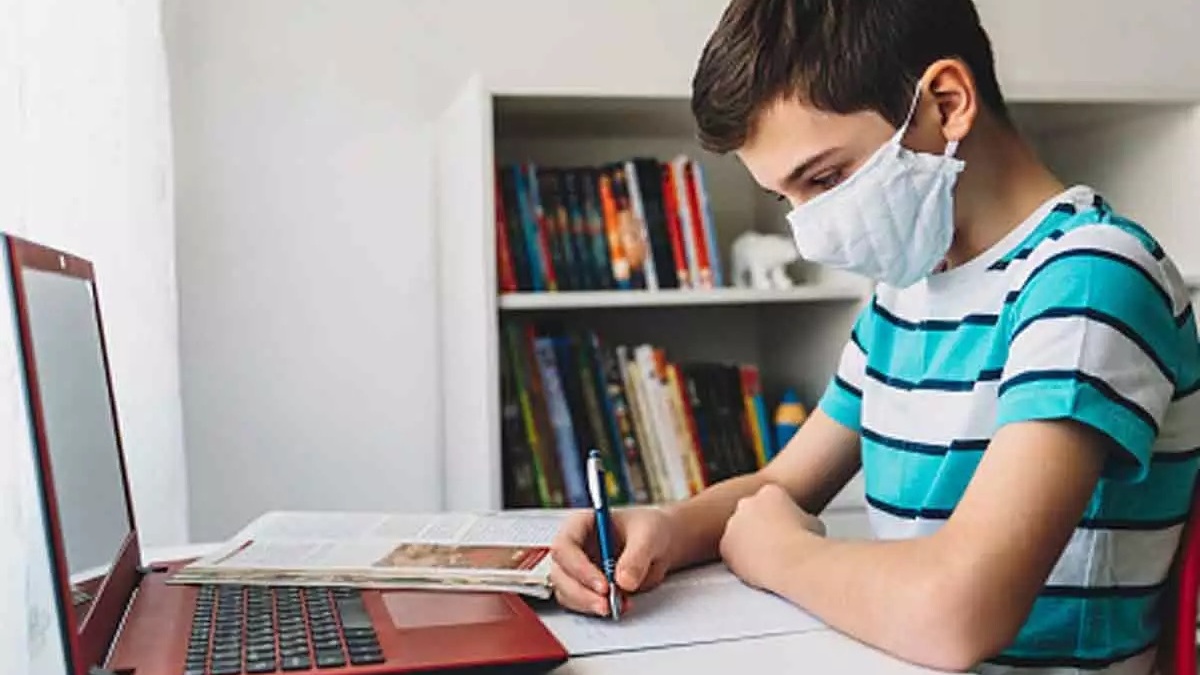Distance Students Feel Like In Classroom
Experience is the best teacher
Teaching and learning experiences that take place outside of the confines of the classroom walls have a range of benefits for both students and instructors. When students are asked to put into practice “in the real world” what they have theorized about from behind a desk, the result is a student-centric learning experience that enhances learning and fosters personal.
Establish Your Presence Right Away
Welcome your students to the learning community. Tell them something about yourself—your background, your interests, a book you’re currently reading. Describe what the course is about and what you hope students will learn. Establishing a community early on will help students feel welcome.
Be Available
“High-touch is more important than high-tech,” says online teacher Joanna Dunlap, assistant director of teacher effectiveness at the University of Colorado’s Center for Faculty Development, in an Educause video. She encourages her students to call her if they need immediate advice. “If a student is in crisis or needs to brainstorm an idea,” she says, “I want to be efficient.” She admits that using the phone is low-tech but argues that it doesn’t matter—all tech, she says, can be useful for online courses. Scott Cooper, writing for the website eLearning Industry, recommends telling students when you’ll be visible and available, but he also advises that you establish a way students can contact you outside of those hours. He also recommends engaging with your students through online posts, forums, or social media. It’s easy to come across as absent online, but good communication helps students see that you value their engagement.
Use Online Resources
There is a ton of material online, says Patrick Lowenthal, professor of instructional design at Boise State University, in the Educause video, and you can lean on those resources. He stresses that it’s important to help kids understand how to determine which sources are valid and trustworthy—and which aren’t.
Don’t Lecture
Dunlap says that as she’s grown more experienced as an online teacher, she’s grown more comfortable being a little playful and surprising students with a quick video clip or an anecdote. Plugging in a story, a picture, or a little humor can liven up your lesson, she says. Expecting the unexpected keeps kids engaged and appreciative of their teacher’s efforts.
Provide Ongoing Feedback
Feedback is important in every classroom, but when you’re teaching online, it’s another way to establish that personal connection with your students. Cooper says that offering constructive feedback regularly helps students quickly identify behaviors or skills they need to improve and also makes them feel like they’re part of the learning community. Cooper also recommends creating an open forum or discussion board so that students can support and mentor each other.
We’d love To Meet You In Person Or Via The Web!
Main Office: Suite M-01, 512, 3rd Street, Abu Dhabi, UAE
Phone: + 971 2 6767019
WhatsApp: + 971 55 3979668
Email: web@OfficePlusUAE.com





